Synergy Path Lab
Diagnostic Lab Services
Healthcare traditionally has been physician focused. If a physician receives in-correct lab report there is no way the physician can make correct diagnosis. Evidence based medical laboratory diagnostic services play key role in improving quality of healthcare services.
- Accuracy
- To generate results in minimum possible time.
- To provide every patient personalized care, with courteous and polite attitude of staff.
General Diagnostic Tests
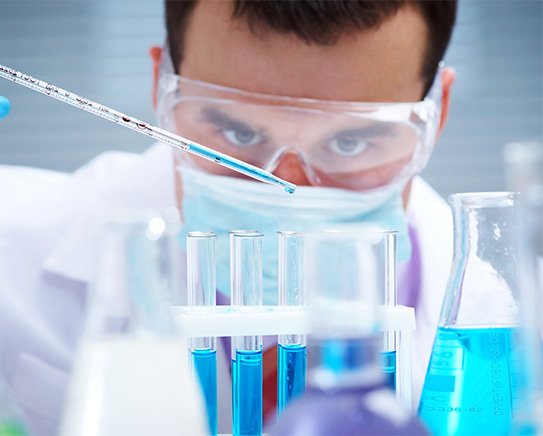
Histopathology
Histopathology is the study of tissue specimens to diagnose diseases and understand the structural and functional changes that occur in tissues affected by various conditions. It involves the examination of tissue samples under a microscope to identify abnormalities and provide valuable insights into disease processes.
- Histopathology of the gastrointestinal tract.
- Histopathology of the respiratory system.
- Histopathology of the genitourinary system.
- Histopathology of the central nervous system.
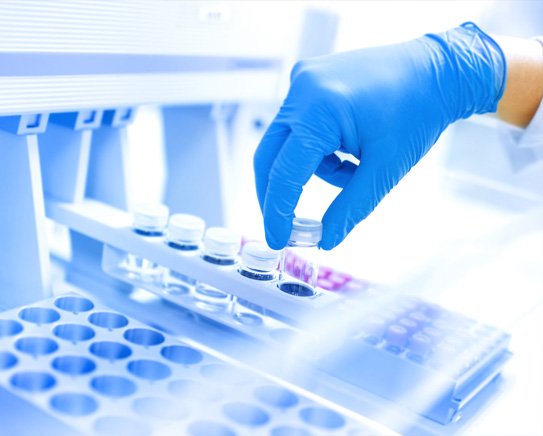
Cytopathology
Our SANAS accredited histology laboratory offers a diagnostic service to both the private and public sectors. Our large team of anatomical pathologists, technologists and technicians, with vast amounts of experience offers a diagnostic and consultative service on a number of tissue samples including biopsies and resection specimens.
- Immunocytochemistry
- Immunofluorescence
- Electron Microscopy
- Neuropathology
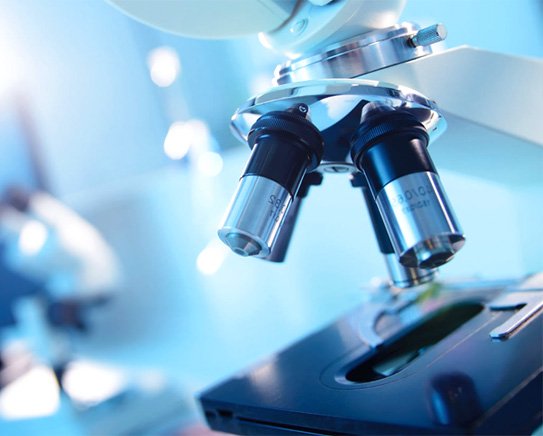
Clinical Pathology
We are an industry leader in ensuring exceptional quality testing in our state-of-the-art facilities. Diagnostic tests are used to detect, confirm, or rule out the presence of a disease or medical condition. They can be used to screen for certain conditions in people who are at increased risk; to evaluate the effects of treatment; or to monitor disease progression.
- Complete blood counts
- Anticoagulant Therapy Monitoring
- Blood Chemistry Analyses
- Therapeutic drug monitoring
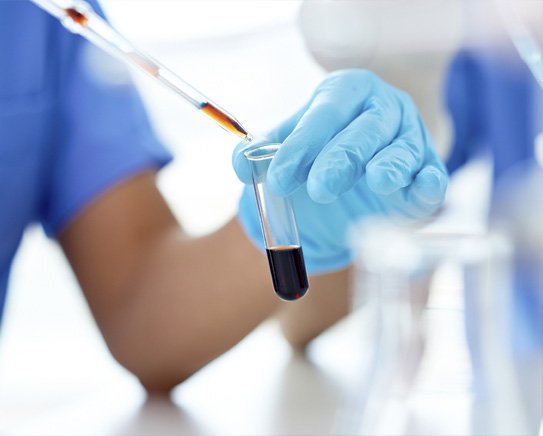
Hematology
Hematology is the branch of medicine that deals with the study, diagnosis, and treatment of disorders related to blood and its components, such as red blood cells, white blood cells, platelets, and plasma. Hematologists analyze blood samples to diagnose conditions like anemia, leukemia, and clotting disorders, and provide appropriate medical interventions.
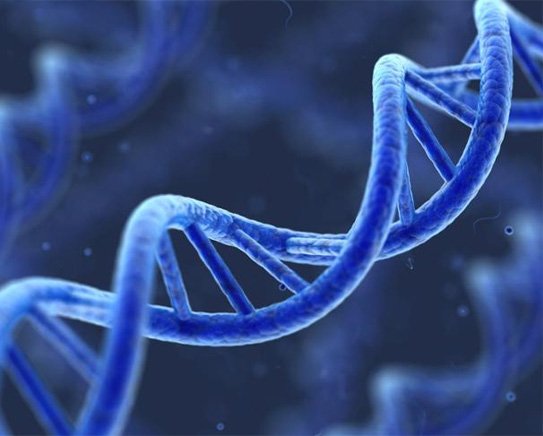
Microbiology
Microbiology is the study of the biology of microscopic organisms – viruses, bacteria, algae, fungi, slime molds, and protozoa. The methods used to study and manipulate these minute and mostly unicellular organisms differ from those used in most other biological investigations.
Recombinant DNA technology uses microorganisms, particularly bacteria and viruses, to amplify DNA sequences and generate the encoded products. Moving genes from one microorganism to another, or amplifying them within microorganisms, permits application of microbial skills to solve medical and environmental problems. Many microorganisms are unique among living things in their ability to use gaseous nitrogen from the air for their nutritional requirements, or to degrade complex macromolecules in such materials as wood.
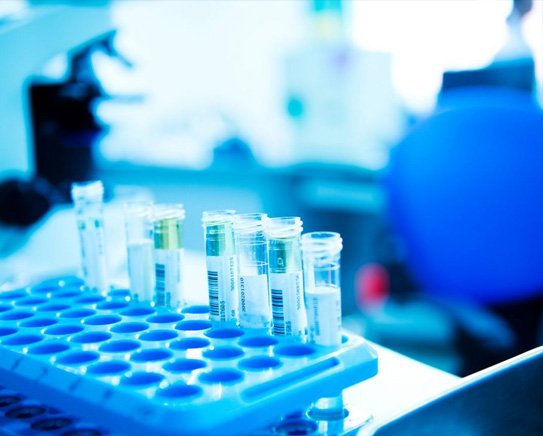
Biochemistry
Biochemistry is a scientific discipline that explores the chemical processes and molecules that occur within living organisms. It combines principles of chemistry and biology to study the structure, function, and interactions of biomolecules such as proteins, carbohydrates, lipids, and nucleic acids. Biochemistry explores chemical processes related to living organisms. It is a laboratory-based science combining biology and chemistry.
Biochemistry focuses on the study of biomolecules, which are essential components of living organisms. These biomolecules include proteins, which are involved in cellular structure and function; carbohydrates, which serve as a source of energy and structural components.
Additional Laboratory Services
Results of test procedures processed on site are reported to the health care provider the same day during regular business hours. Testing and services available through our Laboratory include:
- Blood Bank / Transfusion
- Immunology and Flow Cytometry
- Reference Lab Testing referrals
- Chemistry
- Hematology
- Histology
- Serology
- Point-of-Care Testing
- Microbiology and Virology
- Molecular Pathology
- Bone Marrow Biopsy
- Coagulationy
- Pathology & Cytology
- Urinalysis
Certificates
A Professional & Care Provider
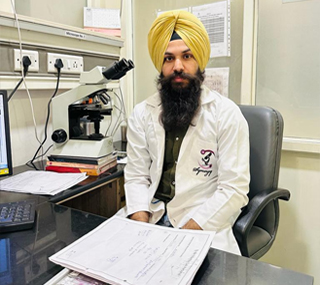
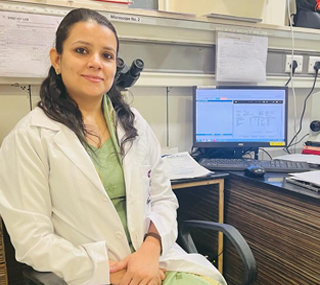
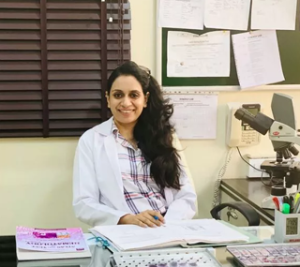
Additional Laboratory Services
Results of test procedures processed on site are reported to the health care provider the same day during regular business hours. Testing and services available through our Laboratory include:
- Blood Bank / Transfusion
- Immunology and Flow Cytometry
- Reference Lab Testing referrals
- Chemistry
- Hematology
- Histology
- Serology
- Point-of-Care Testing
- Microbiology and Virology
- Molecular Pathology
- Bone Marrow Biopsy
- Coagulationy
- Pathology & Cytology
- Urinalysis
A laboratory (Lab) is any facility that does laboratory testing on specimens derived from humans to give information for the diagnosis, prevention, treatment of disease or assessment of health.
Medical laboratories perform the tests ordered by doctors to help diagnose, treat and monitor their patients. When your doctor orders a lab test, we collect a specimen – usually a small sample of blood, urine or other body fluid. We test the specimen and report the result to the doctor who ordered the tests.
Lab tests are examinations performed on blood, body fluids, tissues and other substances in order to determine what is normal or what is abnormal for you as a patient.
It has been estimated that 60% to 70% of diagnoses and/or treatments are based on lab tests. Your doctor may request one or many lab tests depending on your condition. Your doctor uses lab results to identify changes in your health condition, diagnose a disease or condition, plan your treatment, evaluate your response to a treatment, or monitor the course of a disease over time.
Everyone’s needs are different, so have a chat to your dentist about how often you need to have your teeth checked by them based on the condition of your mouth, teeth and gums. It’s recommended that children see their dentist at least once a year.
Everyone’s needs are different, so have a chat to your dentist about how often you need to have your teeth checked by them based on the condition of your mouth, teeth and gums. It’s recommended that children see their dentist at least once a year.
Everyone’s needs are different, so have a chat to your dentist about how often you need to have your teeth checked by them based on the condition of your mouth, teeth and gums. It’s recommended that children see their dentist at least once a year.
Everyone’s needs are different, so have a chat to your dentist about how often you need to have your teeth checked by them based on the condition of your mouth, teeth and gums. It’s recommended that children see their dentist at least once a year.
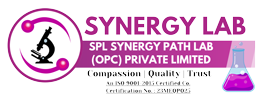
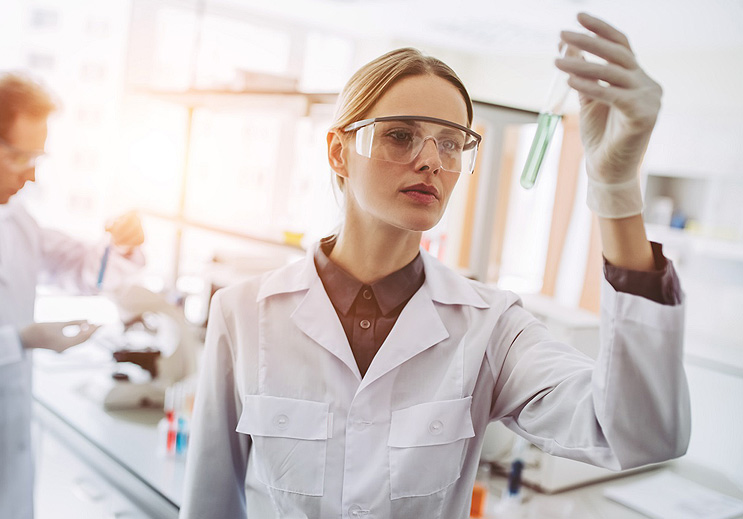
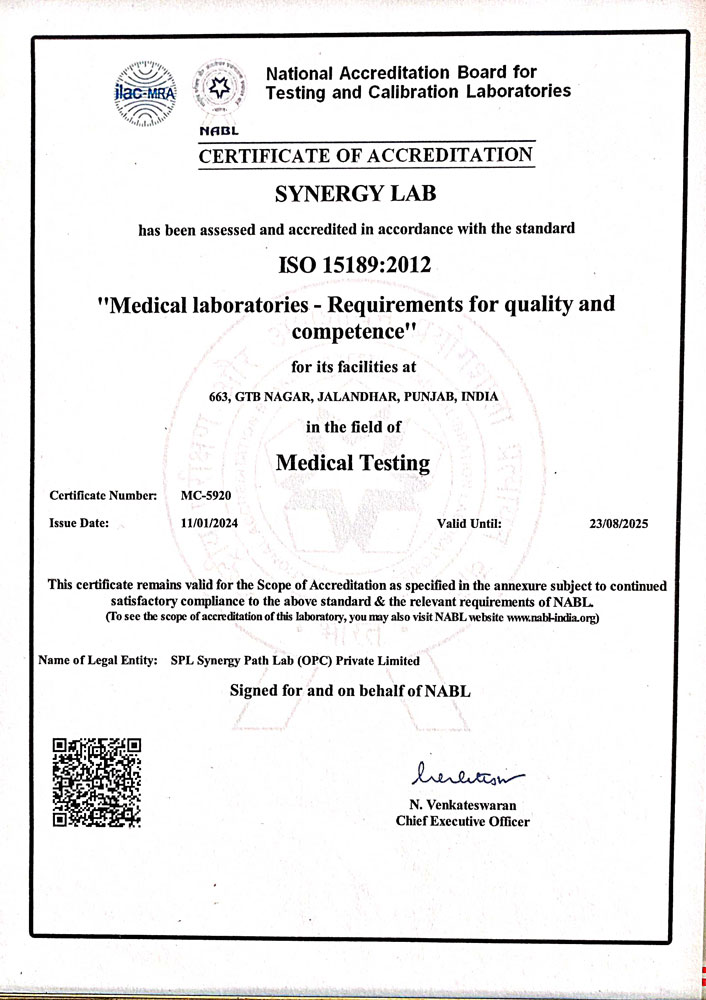
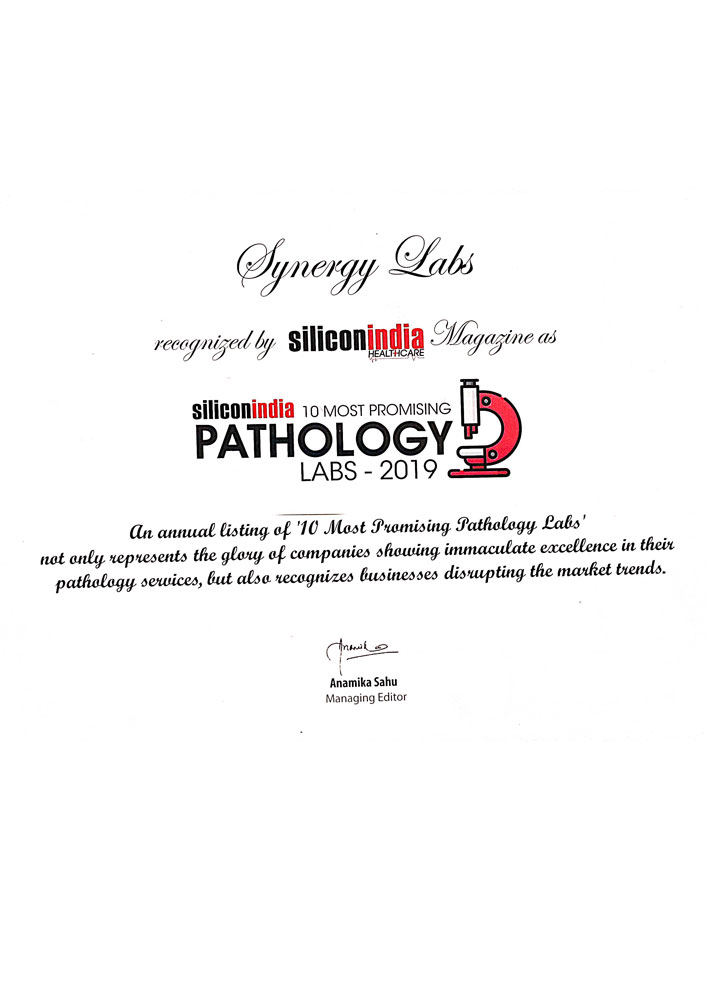
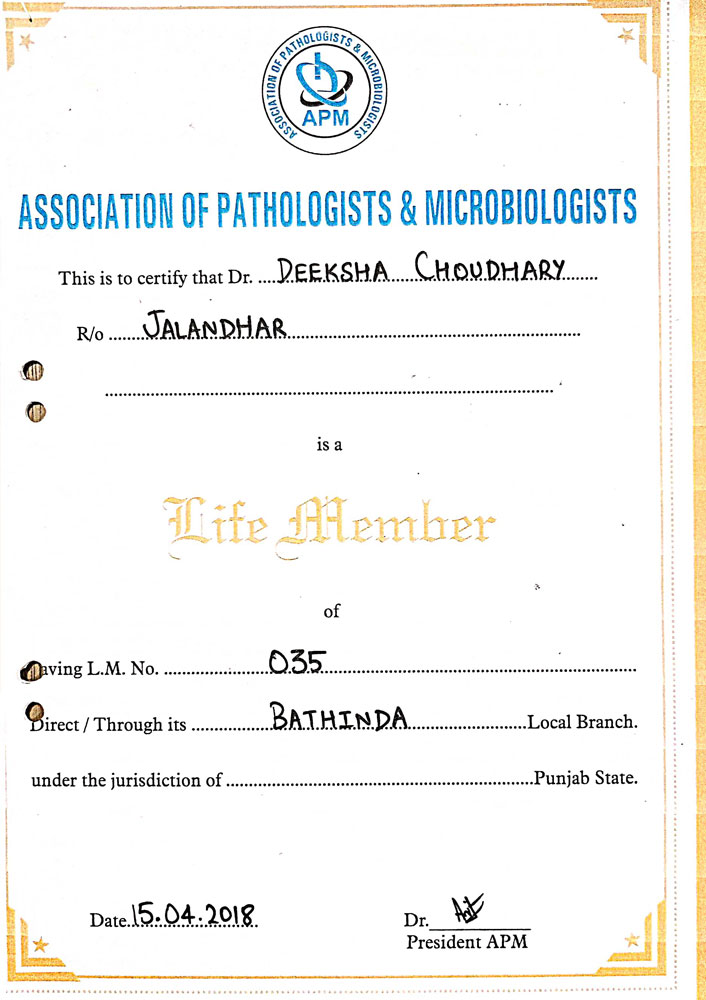
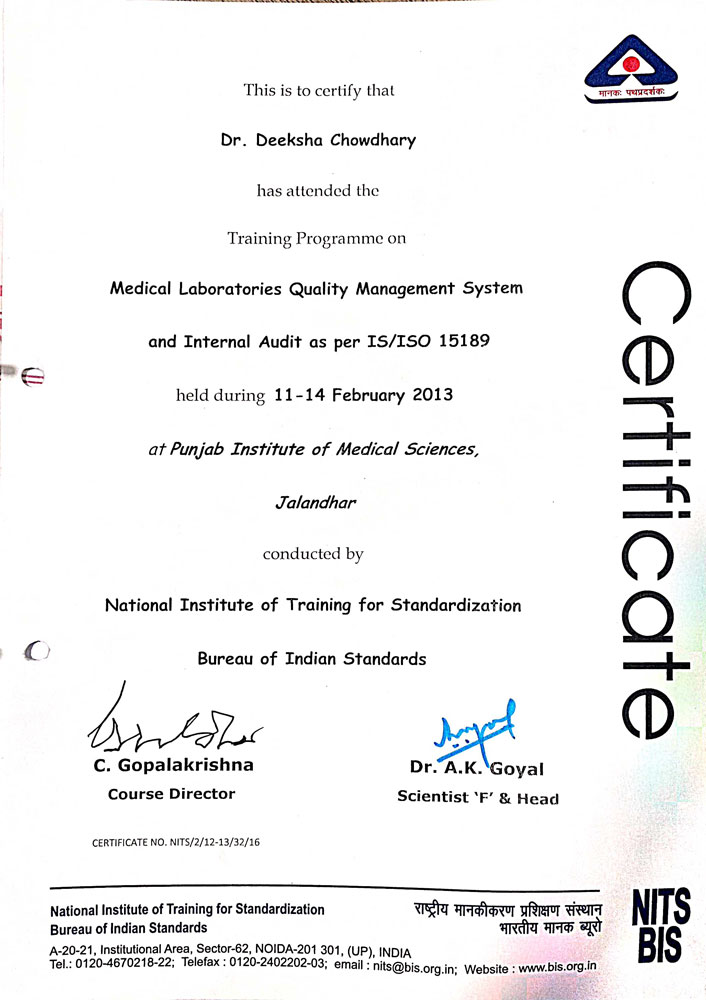
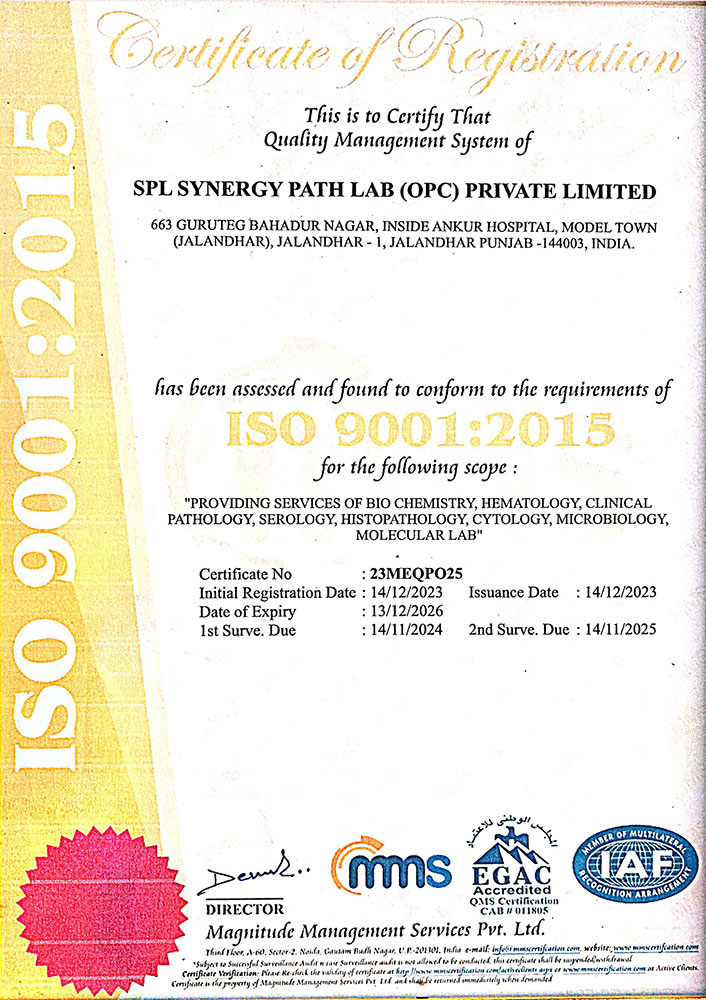
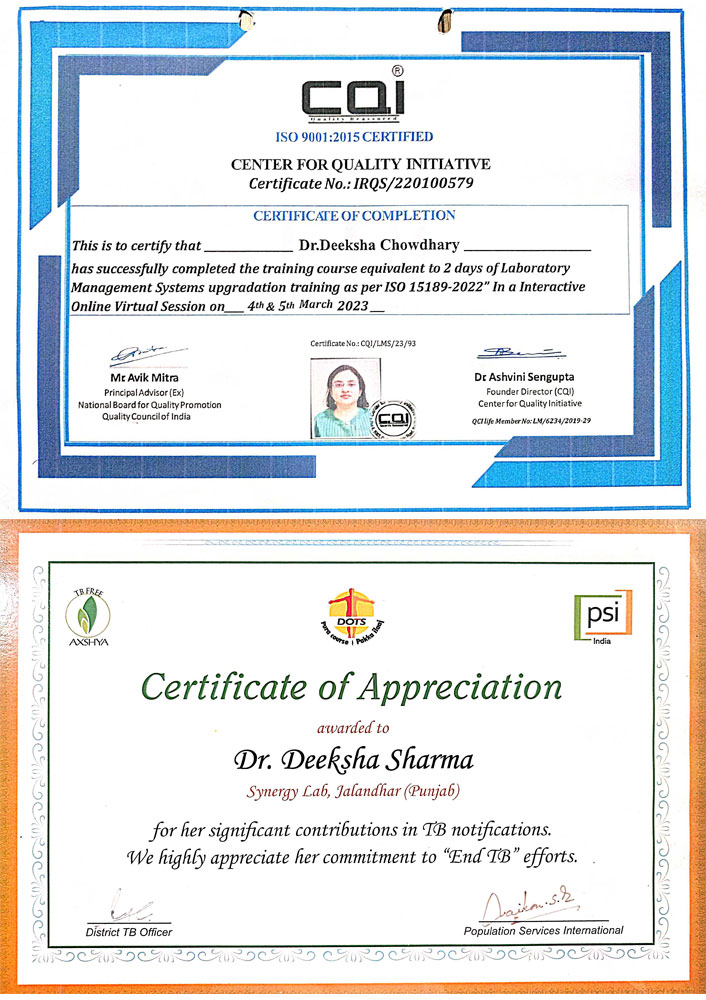
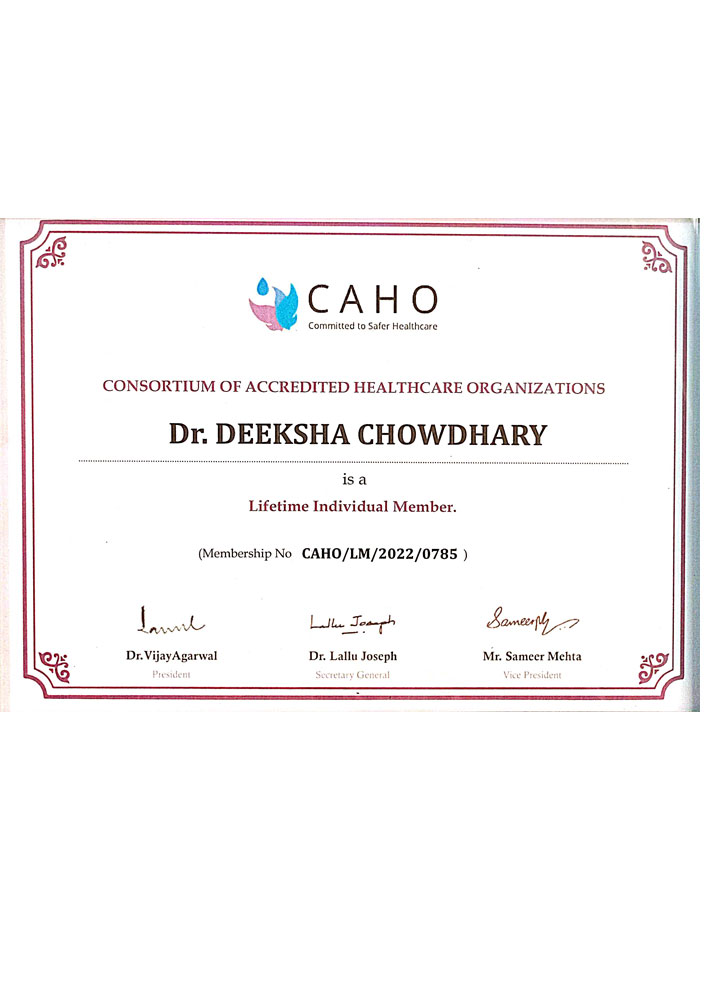
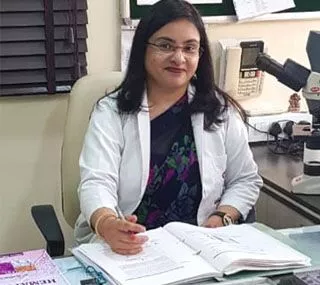
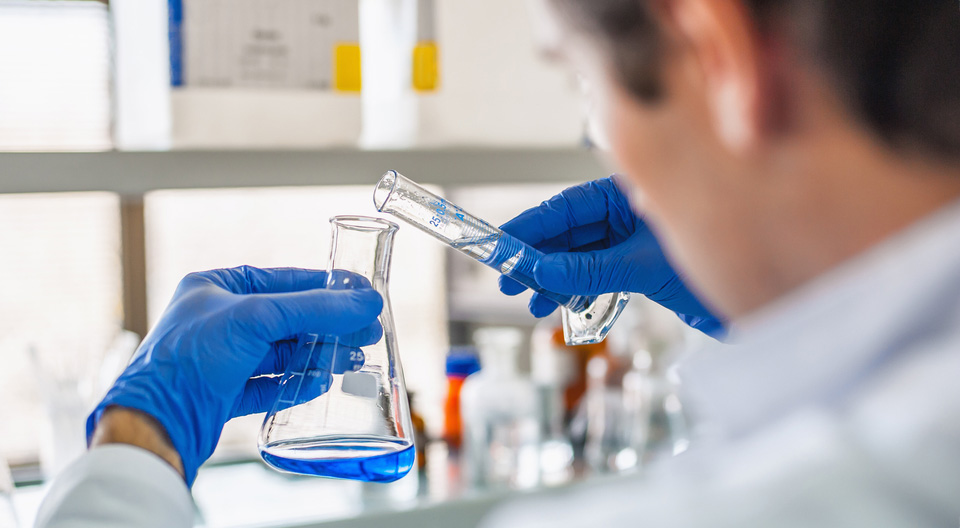
 Drop your details and we will guide you over call
Drop your details and we will guide you over call